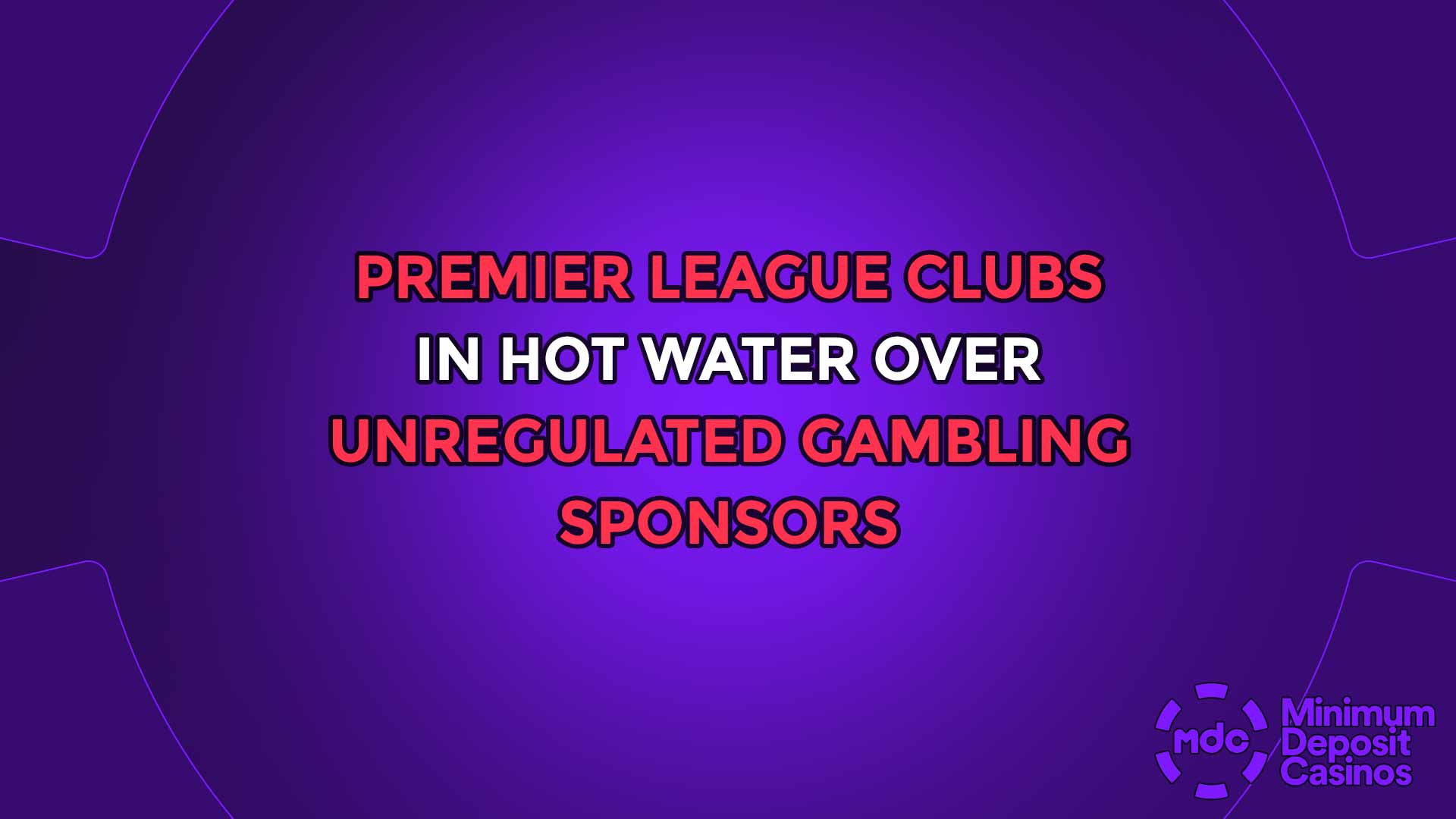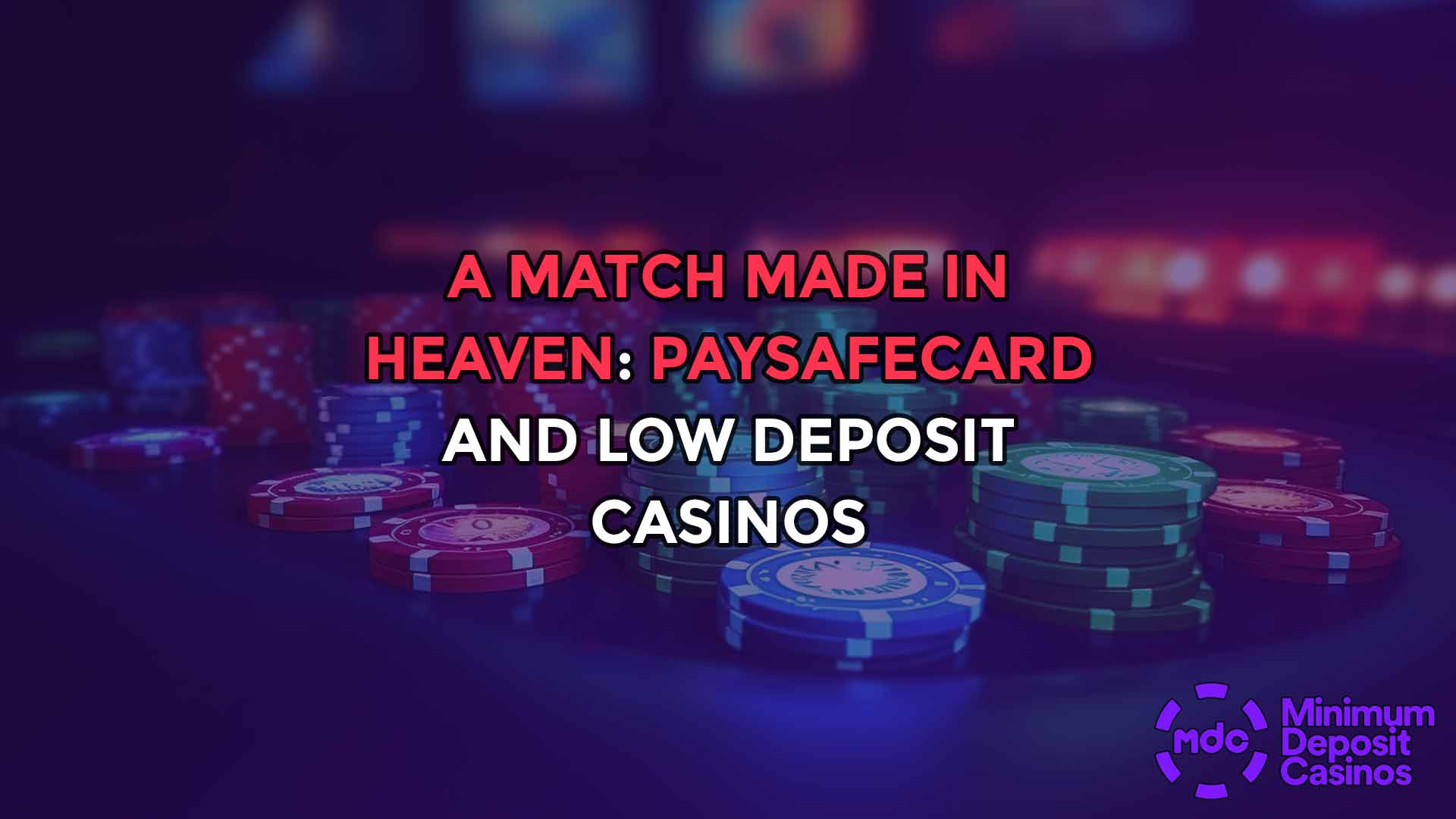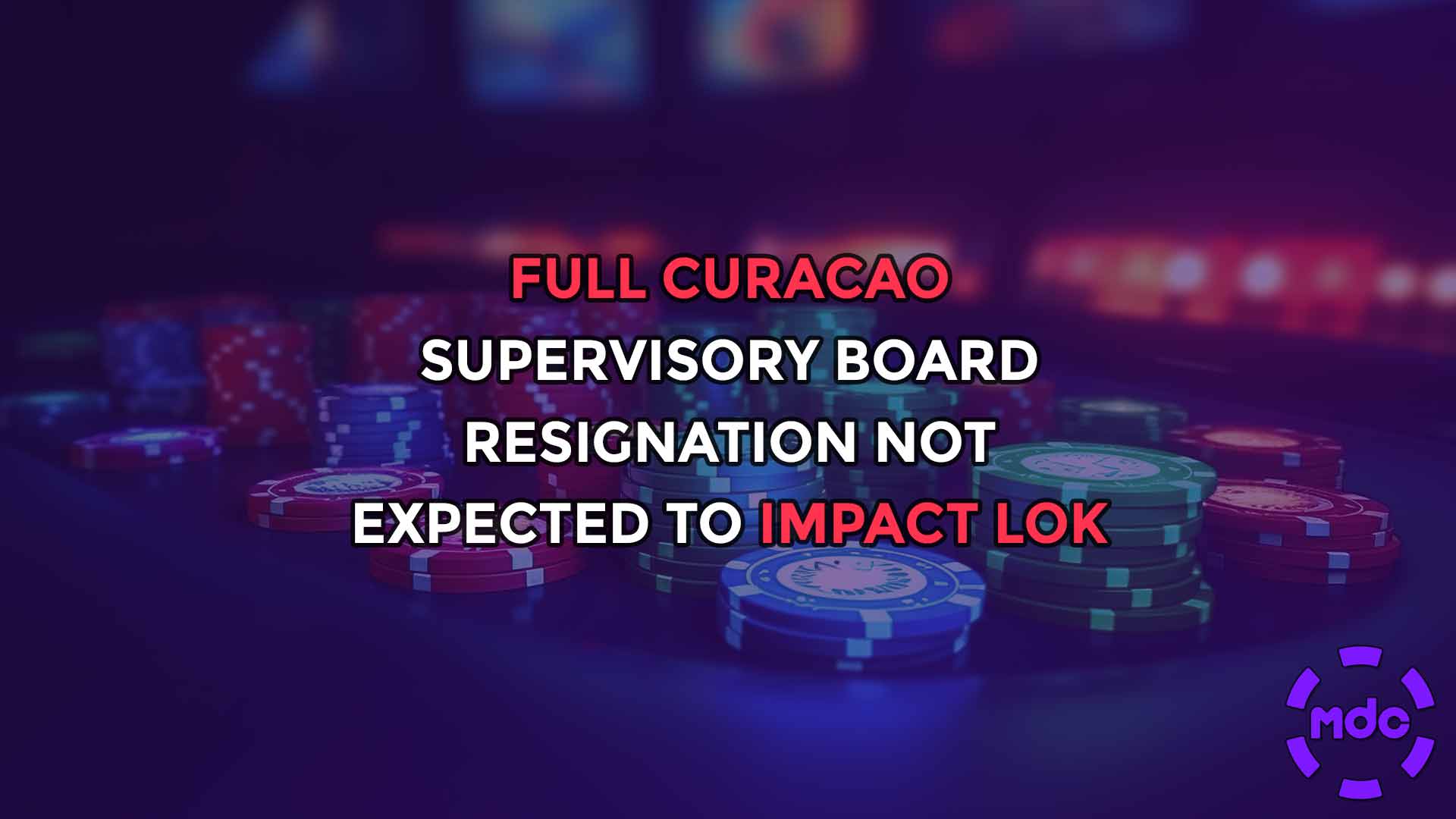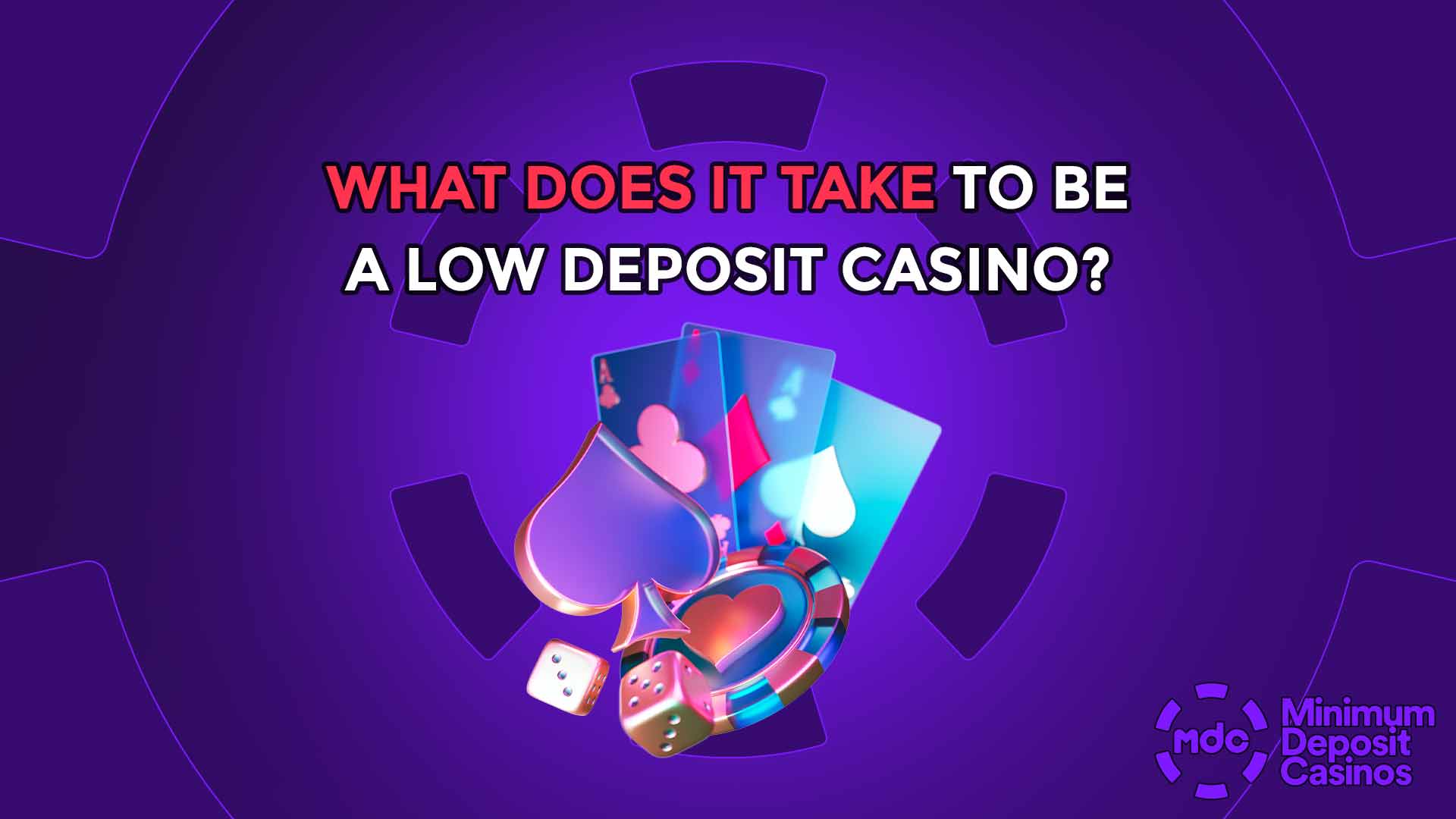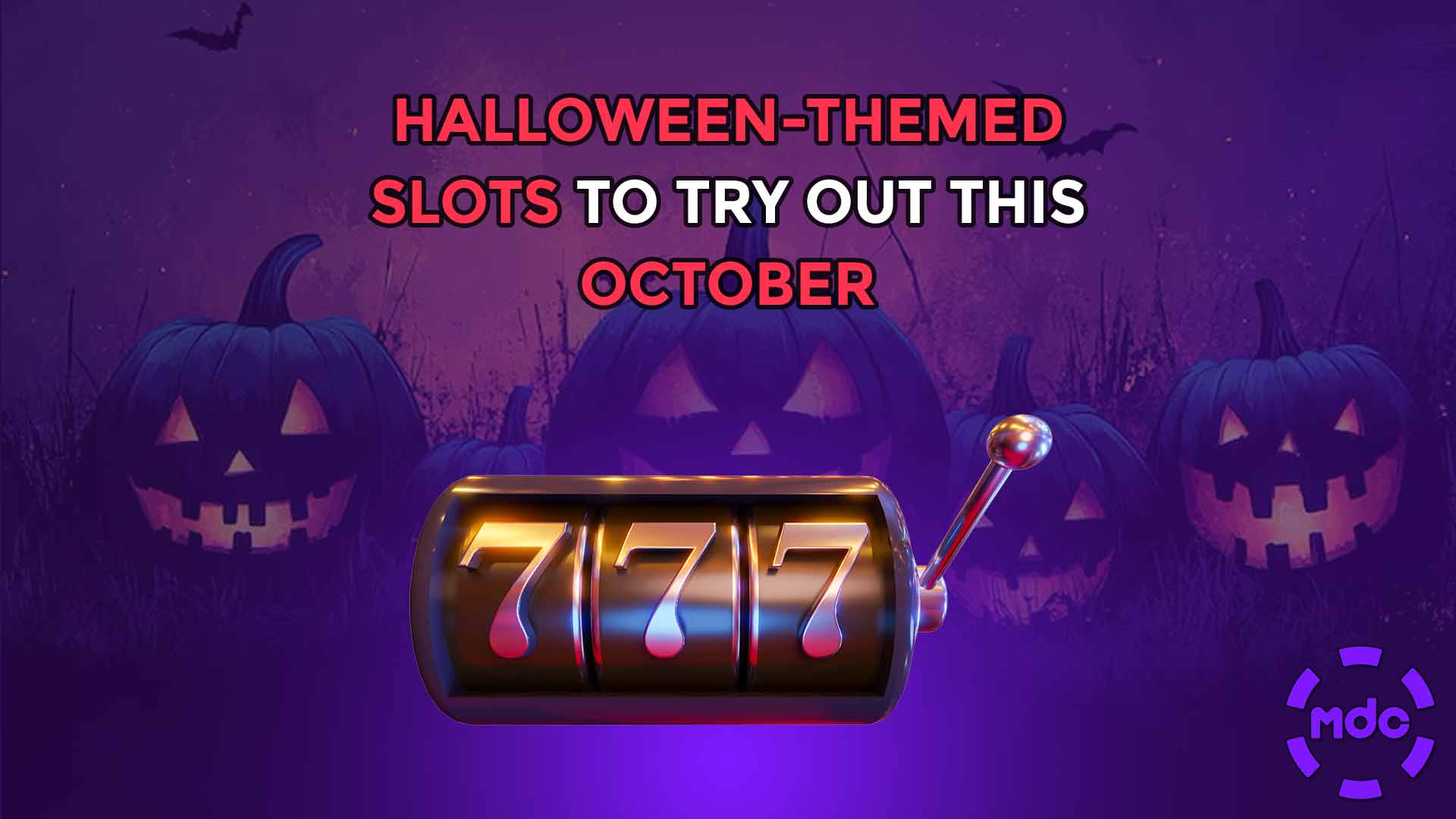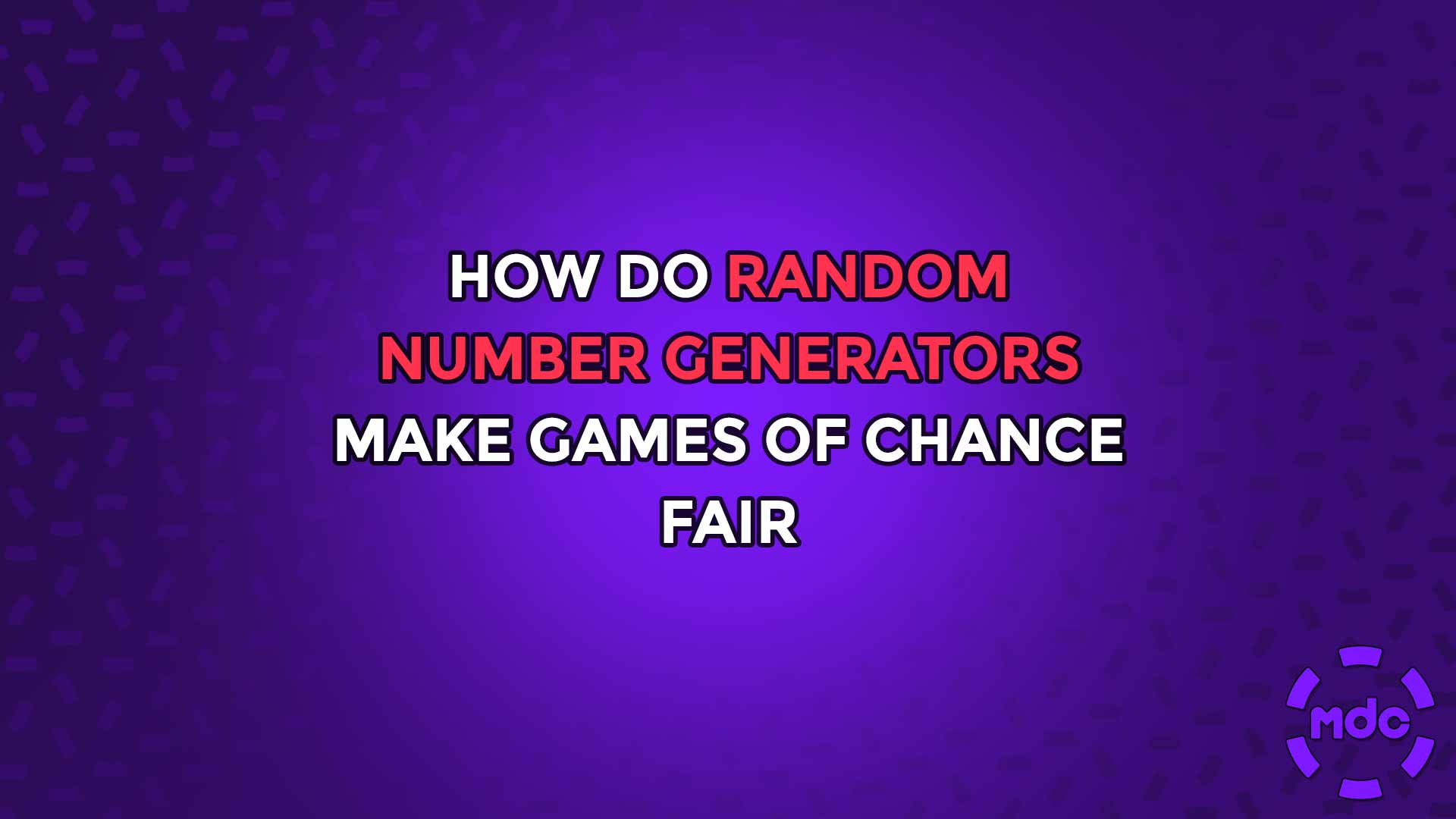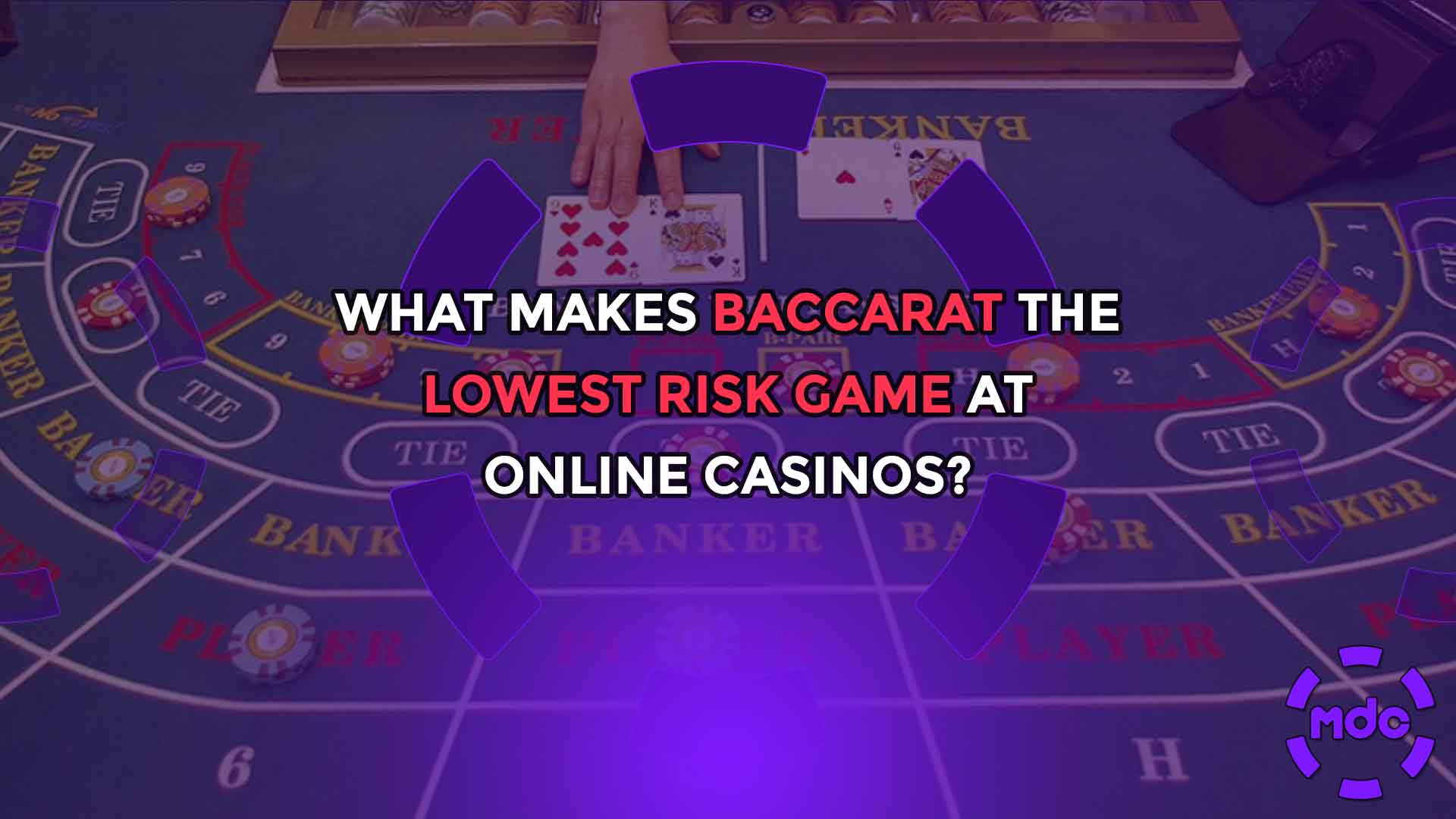Premier league clubs in hot water over unregulated gambling sponsors
Looks like some Premier League clubs have been betting on the wrong horses, teaming up with unlicensed gambling sites that have regulators raising their eyebrows.
A recent Sky News investigation has slapped a hefty red card on heavy hitters like Leicester City, Wolves, and Burnley for flashing the logos of betting brands that don’t even have the legal green light to accept UK casino players.
Why does this matter? Because these brands don’t just break rules, they sidestep every safety measure designed to protect users from fraud, addiction, and financial harm.
This scandal raises some serious red flags. If high-profile are this loose with gambling regulations, what message does that send to fans? And what about vulnerable players lured into shady sites through their favourite teams? It’s a good reminder of why safe online casinos, those that are licensed, regulated, and held to strict standards.
Which Premier League clubs are involved?
It’s not just a couple of rogue outliers in this gambling sponsorship saga. According to the Sky News investigation, clubs like Newcastle United, Aston Villa, Fulham, Leicester City, Wolves, and Burnley have all been caught in the drama.
Take Leicester City, for example. Their current shirt sponsor, BC.Game, has been operating without a UK Gambling Commission licence since December 2024. Yet despite warnings, deposits can still be made from the UK casino, clear as day.
Over at Wolves, their sponsor DEBET lost its licence in May 2025 but remains front and center on matchday kits. Burnley’s sponsor, 96.com, is in the same boat. All three platforms were once licensed through TGP Europe, which recently surrendered its licence after a money-laundering probe. Since then, it’s been a regulatory Wild West.
Then there are Newcastle, Fulham, and Bournemouth, all previously sponsored by now-unlicensed casinos like FUN88, SBOTOP, and bj88. These sites are no longer legally allowed to accept UK casino players, but Sky News journalists found they could still access all of them using VPNs, and in some cases, even UK phone numbers were accepted with little to no verification. Not safe casinos at all.
So, what’s the problem? Well, when major football clubs align themselves with platforms that shouldn’t even be operating in the UK, they’re not just risking bad press, they’re potentially breaking the law. Club officers could face fines or even jail time for promoting unlicensed gambling businesses. And let’s not forget the fans, including minors, being exposed to these operators during every match.
The heart of the controversy is crystal clear: these platforms don’t have UK casino licences, but they’re still welcoming UK customers.
Why regulators – and fans – are sounding the alarm
When Premier League clubs cozy up to unlicensed gambling sites, it’s not just regulators who raise an eyebrow, it’s fans, lawyers, advocacy groups, and just about anyone who believes football should be about goals, not gambling loopholes.
With watchdogs like the Gambling Commission, legal experts, and advocacy campaigns like the Coalition to End Gambling Ads (CEGA) leading the charge, the message is getting louder: enough is enough.
These aren’t harmless oversights. According to legal professionals cited in the report, clubs flaunting logos of unlicensed operators could be in breach of the Gambling Act 2005, specifically laws against promoting illegal gambling services to UK consumers.
Groups behind the Gambling White Paper review are also pushing for tighter rules to protect vulnerable consumers, especially younger fans who see these brands plastered across jerseys, pitch boards, and digital campaigns.
These aren’t just partnerships, they’re in-your-face endorsements of platforms that have no business operating through UK casinos. And with crypto deposits, Telegram access, and VPN-friendly sites, many of these sponsors resemble something straight out of the gambling underworld.
For fans, the concern runs deeper than legality. There’s a growing sense that football has become saturated with risky gambling exposure, turning what should be a celebration of sport into a minefield of flashing odds and questionable ethics.
How these sponsorship deals even happen
So how do unlicensed gambling brands end up front and centre on the shirts of Premier League clubs, beamed into millions of homes every week? It’s not exactly magic, more like a cocktail of offshore shell games, branding loopholes, and a whole lot of commercial desperation.
Here’s the play: many of these gambling companies operate offshore, often in places like the Isle of Man, Curaçao, or the Philippines, and broker deals through intermediaries or regional branches, particularly in Asia. On paper, they’re not targeting the UK. But in practice? Their logos are splashed across Premier League jerseys, visible to every fan in Britain with a telly and a pulse.
And with some creative branding, like mirroring a global gambling brand with a different local license or tweaking a URL, they sidestep regulation just enough to stay in the grey zone.
Why would clubs even entertain these deals? Money, plain and simple. Not every team has a billionaire benefactor or sovereign wealth fund to bankroll their ambitions. Clubs in the middle or lower tiers of the league often face huge pressure to compete, and when a sponsor comes along waving seven figures, even if their compliance track record is sketchier than a last-minute VAR call, it’s tempting. Very tempting.
The result? Clubs trade short-term financial boosts for long-term reputational risks, and regulators are left playing catch-up while the logos keep flashing on screen.
Could this lead to legal action or change?
With clubs skating on legal thin ice, the question on everyone’s mind is: Will there be consequences or just another quiet shrug from regulators? According to legal experts in the report, the answer might not be so quiet for long. They warn that Premier League officials could face criminal charges under the Gambling Act if they’re found to be promoting illegal operators – yes, that means fines, court dates, and even jail time.
But it’s not just the regulators circling. Experts suggest consumers themselves could have grounds to launch legal action especially if they’ve been lured into gambling on unlicensed platforms thanks to the massive exposure these brands get through football sponsorships. It’s no longer just a regulatory headache; it’s a legal minefield.
Despite bold words in the Gambling White Paper, there’s a yawning gap between policy and enforcement. While ads from black-market operators plaster kits and stadiums, regulators are stuck issuing warning letters and playing whack-a-mole with offshore sites. Enforcement is slow, and bad actors know it.
What could shake things up? For starters, a serious crackdown on sponsorship due diligence. Clubs might soon be required to conduct deeper background checks because “they had a licence last year” won’t cut it anymore.
We could also see criminal liability for club officers who knowingly promote illegal gambling brands. And in the bigger picture, this mess could accelerate long-overdue reform around how football finances itself, because when survival means selling shirt space to the gambling underworld, something is seriously offside.
How does this affect fans and gamblers?
Let’s get personal because this isn’t just about club execs in boardrooms or offshore companies playing cat-and-mouse with regulators. This is about you. The fan. The bettor. The person who just wanted to place a cheeky tenner on the weekend’s big match and ended up on a site with fewer safety nets than a circus act.
When you land on an unregulated gambling site, you’re playing without protection. No guaranteed withdrawals. No customer support you can actually reach. No responsible gambling tools to help you stay in control. And if things go sideways – fraud, rigged games, locked funds – you’re on your own.
These sites don’t follow the rules because they’re not licensed to play by them. That means your money, your data, your mental wellbeing are all at risk.
That’s why it’s vital to stick with safe online casinos, those licensed and verified by the UK Gambling Commission or other trusted regulators. They’re required by law to offer fair games, proper identity checks, clear terms, and tools to help you gamble responsibly. No loopholes, no ghost sponsors, no crypto-only dodginess hidden behind a flashy football logo.
The bigger picture? Football clubs especially Premier League giants owe it to fans to do better. When clubs plaster dodgy brands on their kits, they’re putting vulnerable fans, including kids, just one click away from the gambling underworld.
You deserve better. Football deserves better.
What does this mean for the future of gambling in football?
The writing’s on the wall, and probably soon, off the shirts. This latest scandal isn’t just a bump in the road; it’s a blaring siren for football’s cosy relationship with gambling. With club officials facing possible prosecution, watchdogs turning up the heat, and fans growing louder in their outrage, the fallout could be seismic. Think tighter sponsorship rules. Think full-blown bans. Think clubs being forced to ask tougher questions before pocketing easy cash from shady offshore deals.
The future? It could look cleaner, safer, and more accountable, if this moment sparks real reform.
So, here’s the question: Is this the wake-up call the game needs, or just another scandal we’ll all forget by kickoff?
